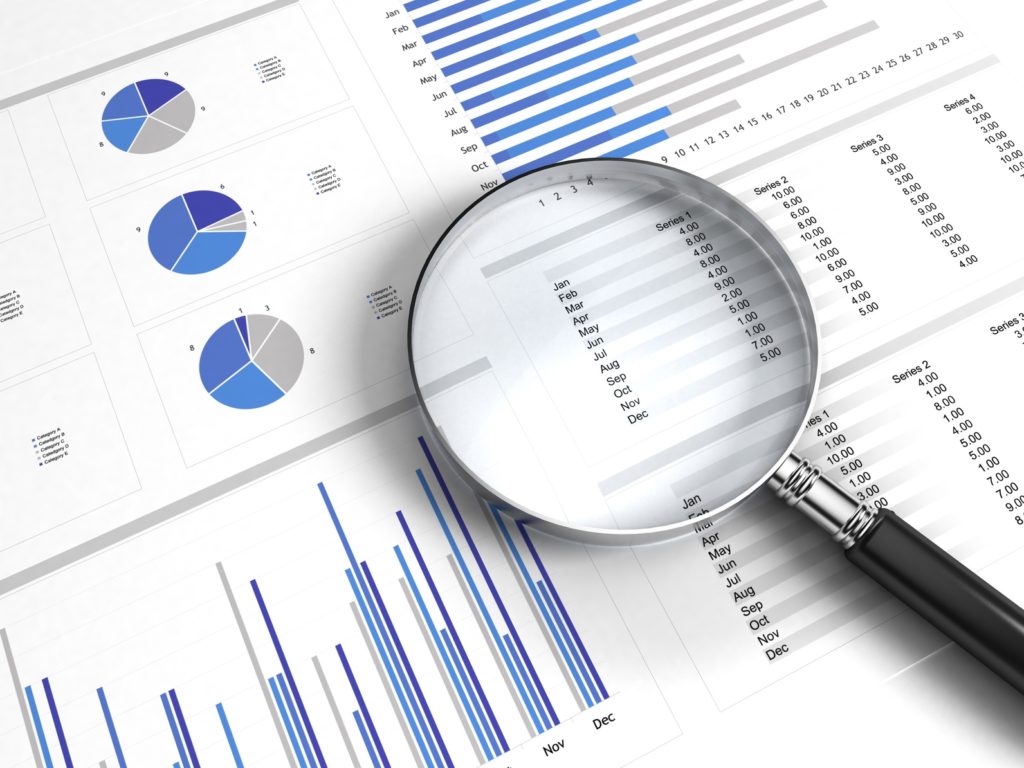With so many variables, it can be very difficult to place an accurate value on your business. Defining your businesses market value is not a definitive science. There are many factors to deliberate – from value of the assets, to competitor influence and other elusive elements.
Put simply, the value of your business will be determined by its current cash flow, past earnings and the sustainability of earnings. It will ultimately be judged on its ability to generate a consistent profit.
With our principals being in the private equity business for over 15 years, we have built up statistical knowledge from our business history. This knowledge, along with other, industry specific databases, can be used as a starting point in determining a business’s value. We then use the PE (Price to Earnings) ratio to determine how profitability will affect the selling price. The PE ratio fluctuates, and is market driven.
Although historical earnings are key indications of value, The PE ratio will not necessarily be the best for your business.
The majority of business valuation methods should take into account market evidence and industry specific practice.
There are 3 different approaches to business valuation:
- Earnings Based
- Market Based
- Asset Based
The Valuation Appraisal Opinion
Our estimation on the value of the business is most often given on a Going Concern basis.
We look at the sustainability of earnings based on historical and current earnings. Potential buyers will want to examine a business’s ability to maintain its profitably into the foreseeable future.
We offer a comprehensive report which covers all aspects of the business, taking into account the following:
- Supplies financial documents
- The business make-up and infrastructure
- Its applicability to its market sector
- Certain risk factors and the market within which it operates.
We believe that business value is correlated to:
- The industry average multiplier on true earnings. This factor relies upon the market and may differ due to the perception of certain industry risks, the sustainability of earnings and historical transactions.
- The market worth of the unencumbered assets (e.g. plant, fixtures, vehicle, equipment and in certain cases the value of debtors) equals the worth of stock at historical cost.
- Intangible Assets. Due to the immeasurable nature of Goodwill and the numerous aspects that encompass this asset, the method of valuation used will rely upon the circumstances of each specific business. No sole method can be employed for every single business as each will have differing features regarding the combination of tangible and intangible assets. We can offer the market evidence of required ROI for business investments with multiple degrees of risk.






